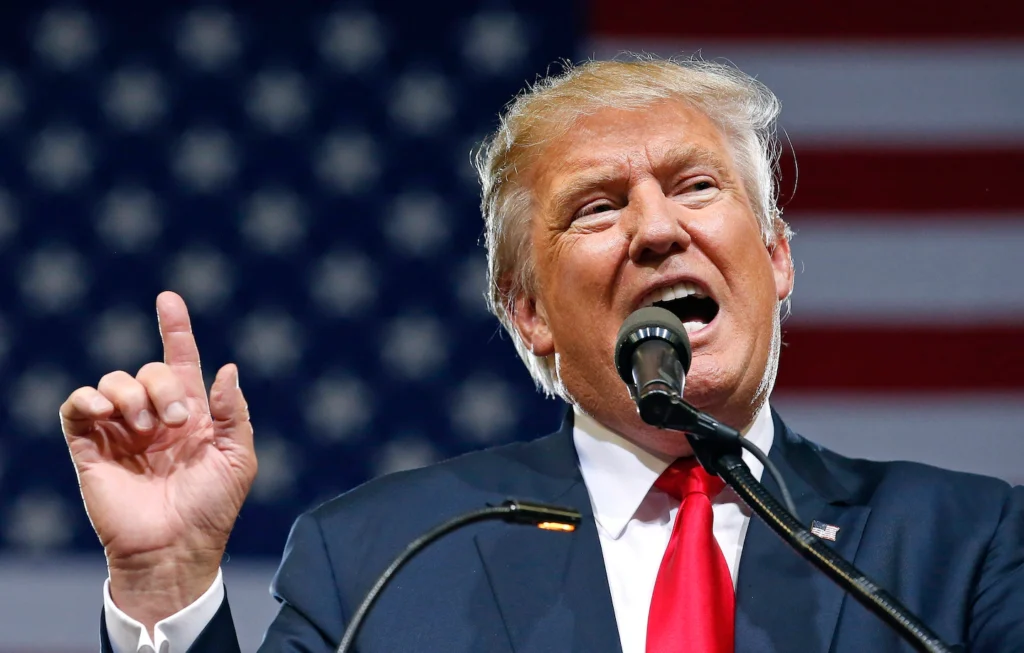In a charged rally in Erie, Pennsylvania, on Sunday, Donald Trump unleashed a vehement critique of illegal immigration, labeling certain immigrant groups as “vicious” multiple times during his nearly two-hour address. His speech, the fourth in a month in this pivotal state, was laden with graphic descriptions of violent crimes attributed to undocumented immigrants, despite the absence of evidence showing that they commit crimes at a higher rate than U.S.-born citizens. The former president’s rhetoric appeared designed to energize his core supporters rather than appeal to moderates, as he focused on immigration—a topic he believes will resonate deeply with voters.
Throughout the rally, Trump recounted harrowing incidents of violence, including references to child predators and drug dealers, and at one point suggested that a crackdown on crime could involve police violence. This marked yet another chapter in his long history of aggressive anti-immigrant rhetoric, reminiscent of his 2015 campaign launch when he claimed Mexico was sending criminals to the U.S. His remarks in Erie followed a similar vein, but he notably refrained from reiterating past claims about Haitian immigrants, opting instead to emphasize law enforcement’s role in maintaining safety.
Trump’s emphasis on immigration comes as he navigates a highly competitive landscape in Pennsylvania, a key battleground state with significant Electoral College votes. With polls indicating a tight race—Vice President Kamala Harris currently leads Trump by a narrow margin—both candidates have poured substantial resources into advertising campaigns across the state. Trump, acknowledging Pennsylvania’s importance, declared, “If we win Pennsylvania, we win,” highlighting its status as a focal point in the race for the White House. His upcoming rally in Butler, set for October 5, is expected to draw significant attention, especially given its history, including a recent assassination attempt against him. As the election approaches, all eyes remain on Pennsylvania, where Trump seeks to regain ground after losing the state in the 2020 election.



